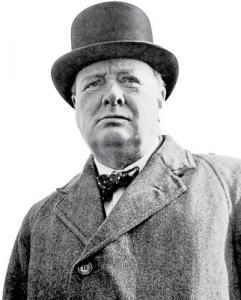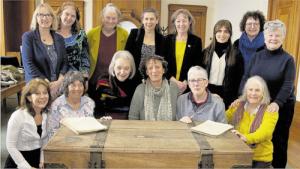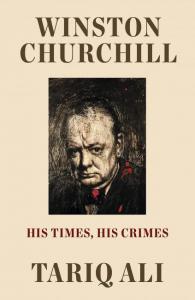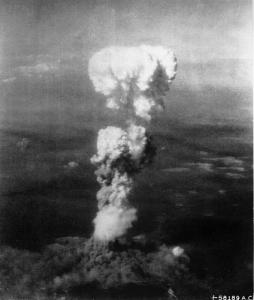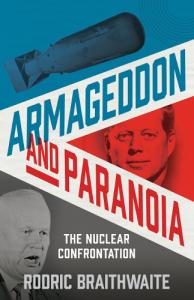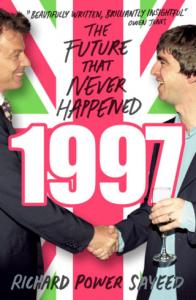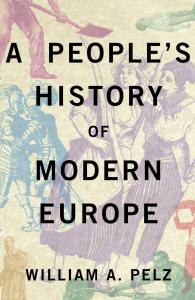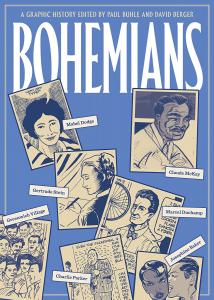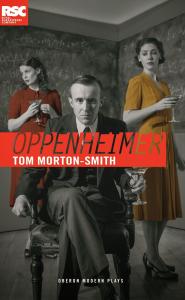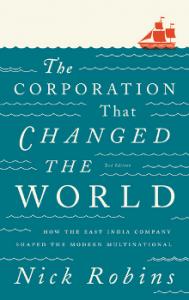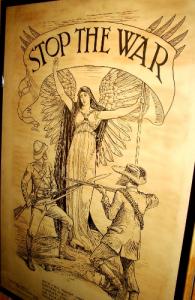In May, we will be taking orders for a new four-page A5 PN briefing setting out the facts about Churchill’s belief in 1944 and early 1945 that a Japanese surrender could be gained without an atomic bomb being dropped and without the Allies having to invade Japan (PN 2667).
Churchill believed by July 1945 that there were two diplomatic tools with a very good chance of ending the Pacific War, especially if combined.
In September 1944, Churchill had pleaded with the…


